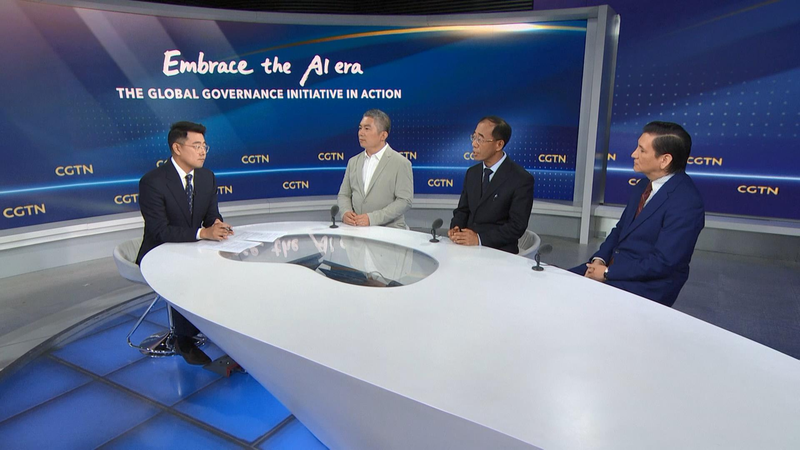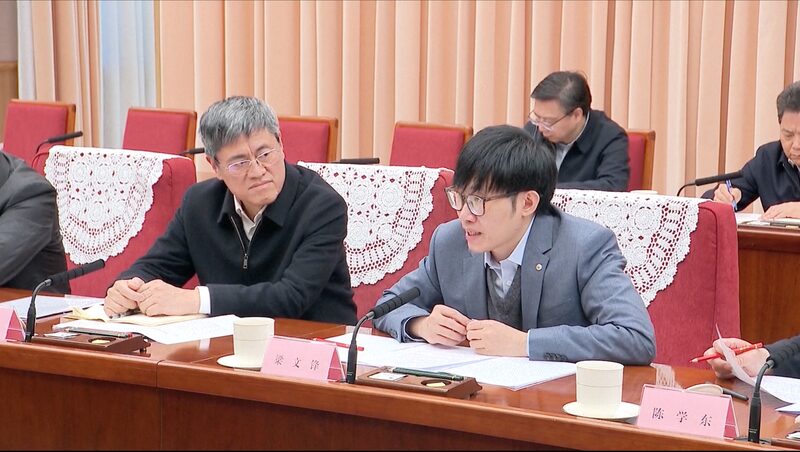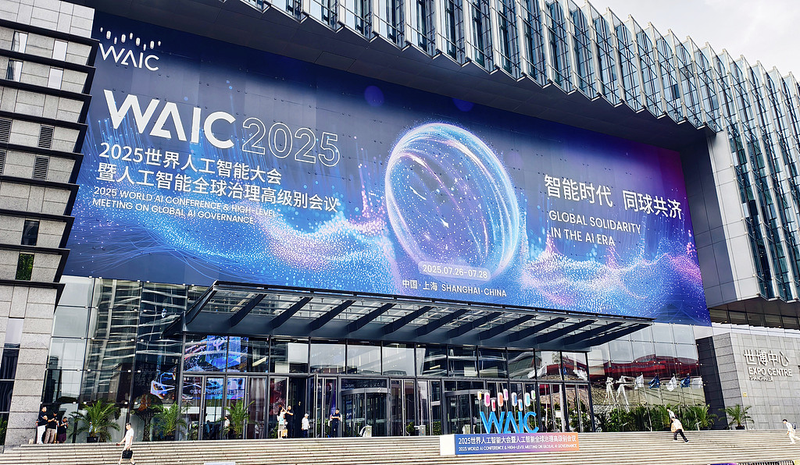As artificial intelligence rapidly transforms industries and daily life, nations worldwide are grappling with its ethical, regulatory, and security implications. China's newly announced Global Governance Initiative seeks to establish collaborative solutions through international dialogue, positioning itself at the forefront of this critical conversation.
In a recent panel hosted by Tsinghua University's Institute for AI International Governance, experts emphasized the urgency of cross-border cooperation. Liang Zheng, the institute's vice dean, noted: 'AI development cannot be contained within national borders. We need shared standards that respect diverse cultural contexts while preventing misuse.'
The discussion highlighted three key priorities:
- Developing ethical guidelines for military and civilian AI applications
- Creating adaptable regulatory frameworks for emerging technologies
- Ensuring equitable access to AI benefits across developing economies
UN AI Advisory Body member Zeng Yi stressed the need for multilateral engagement: 'From healthcare algorithms to financial systems, AI's impacts demand coordinated oversight. No single nation can address these challenges alone.'
International perspectives enriched the dialogue, with former Citibank executive Edgar Perez highlighting corporate responsibilities: 'Businesses must proactively integrate governance principles into AI development cycles, not treat them as afterthoughts.'
As nations prepare for the next wave of technological disruption, this initiative signals China's commitment to shaping AI's global trajectory through cooperation rather than competition.
Reference(s):
cgtn.com







